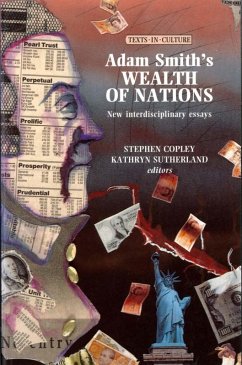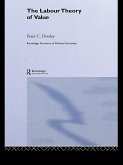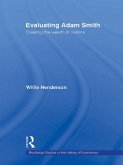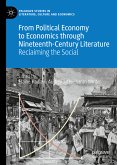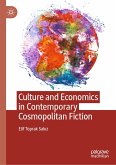First published in 1776, Adam Smith's Wealth of Nations is much more than just a handbook on the principles of free-market economics; it is a founding text for the organisation of Western society in its broadest sense.
In order to understand the impact of Smith's text across the academic disciplines, this volume brings together leading scholars from fields of economics, politics, history, sociology and literature. Each essay offers a different reading of Wealth of Nations and its legacy.
Contributors consider the historical context in which Wealth of Nations was written, its reception and its profound impact on contemporary concepts of market liberalism, on education, on gender relations and on environmental debates. The volume also offers deconstructive analyses of the text and a feminist critique of Smith's construction of the economy.
This volume will be the ideal companion to Smith's work for all students of literature, politics and economic history.
In order to understand the impact of Smith's text across the academic disciplines, this volume brings together leading scholars from fields of economics, politics, history, sociology and literature. Each essay offers a different reading of Wealth of Nations and its legacy.
Contributors consider the historical context in which Wealth of Nations was written, its reception and its profound impact on contemporary concepts of market liberalism, on education, on gender relations and on environmental debates. The volume also offers deconstructive analyses of the text and a feminist critique of Smith's construction of the economy.
This volume will be the ideal companion to Smith's work for all students of literature, politics and economic history.
Dieser Download kann aus rechtlichen Gründen nur mit Rechnungsadresse in A, D ausgeliefert werden.

